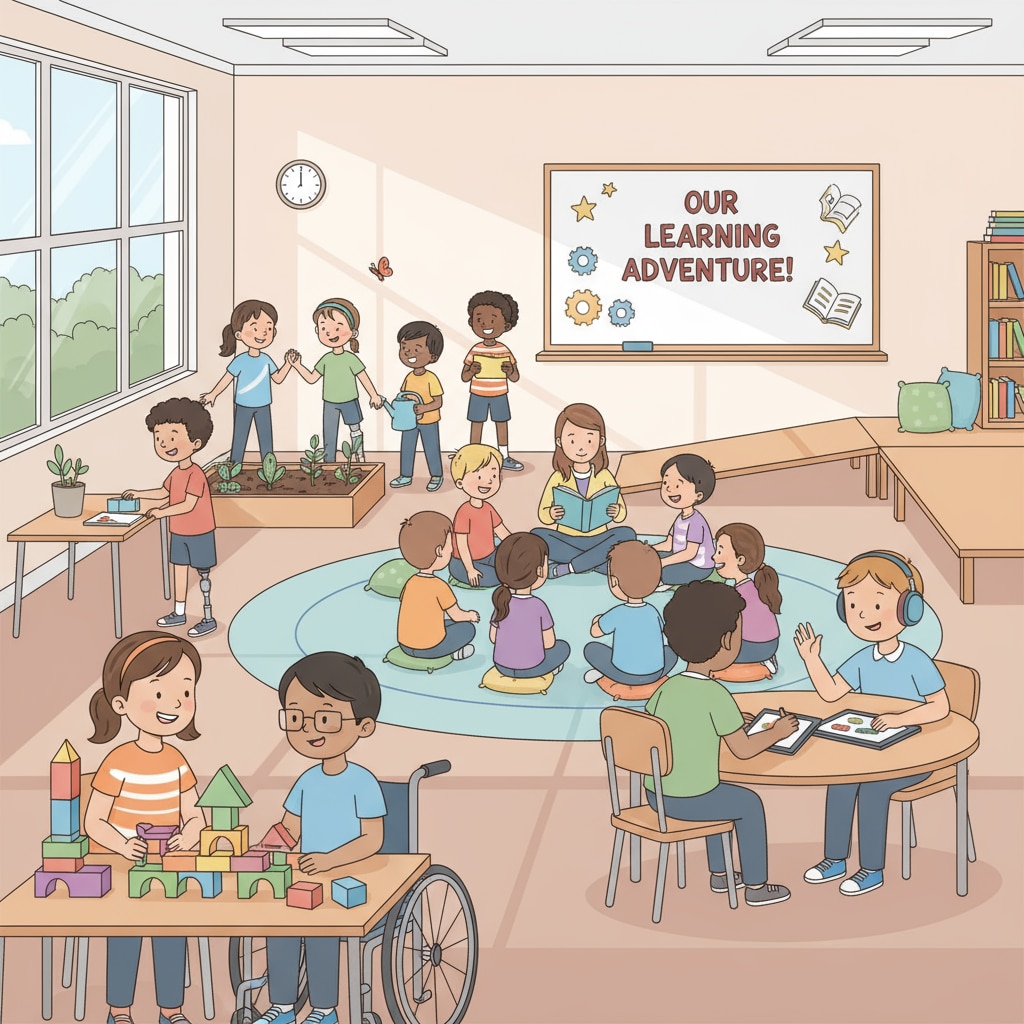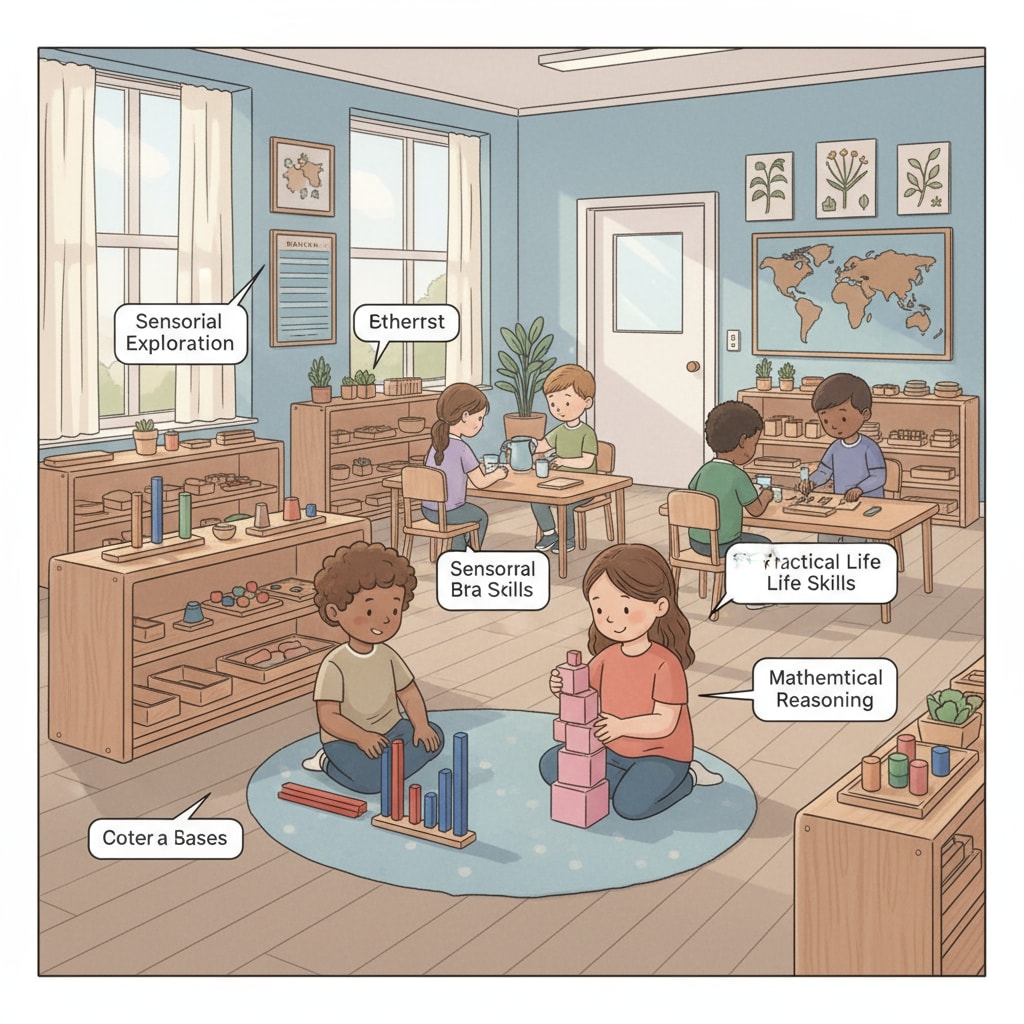Education choices, school dilemmas, and alternative education are crucial topics when it comes to children with special needs. Every child is a unique individual, and traditional education may not be the ideal fit for everyone. In this article, we will explore how parents can search for alternative educational paths for their special needs children, from Montessori to micro-schools, enabling them to make well-informed decisions.

The Limitations of Traditional Education
Traditional education systems are generally designed to cater to the majority. However, children with special needs often face challenges within these setups. For example, the standardized curriculum and large class sizes can make it difficult for them to receive the individualized attention they require. As a result, many parents find themselves in school dilemmas, searching for more suitable education choices. According to EdWeek, a significant number of special needs students struggle to keep up in traditional classrooms.
Montessori Education: A Promising Alternative
Montessori education offers a different approach. It focuses on individualized learning, allowing children to progress at their own pace. In a Montessori classroom, there are a variety of materials and activities designed to engage children with different learning styles. For instance, hands-on materials can be especially beneficial for special needs children who may learn better through tactile experiences. Wikipedia provides detailed information about the principles and practices of Montessori education. This alternative can be a great solution for parents looking to address the school dilemmas and provide a more tailored education choice for their special needs children.

Micro-schools: A Customized Learning Environment
Micro-schools are another option in the realm of alternative education. These small-scale educational institutions offer a more intimate setting, typically with a low student-to-teacher ratio. This means that special needs children can get more personalized instruction. Micro-schools often have the flexibility to adapt the curriculum to meet the specific needs of each student. For example, they can focus on developing a child’s strengths while providing support for areas of weakness. This makes micro-schools an appealing choice for parents navigating education choices and school dilemmas for their special needs children.
In conclusion, when faced with education choices, school dilemmas, and the need for alternative education for special needs children, parents have several options to explore. Montessori education and micro-schools are just two examples of paths that can provide a more suitable and personalized learning experience. By understanding these alternatives, parents can make decisions that are in the best interests of their children’s education and development.
Readability guidance: The article uses short paragraphs and lists to summarize key points. Each H2 section provides relevant information. The proportion of passive voice and long sentences is controlled, and transition words are used throughout to enhance the flow of the text.


